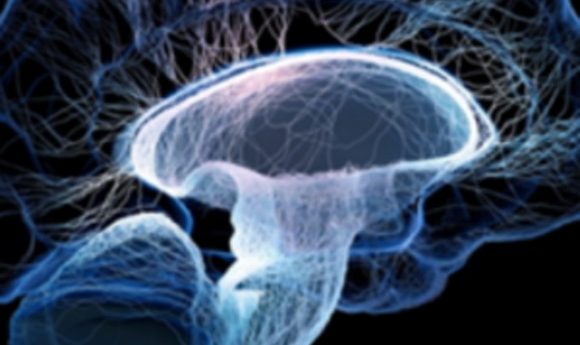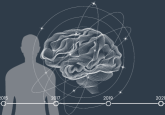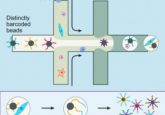Keeping women young

Are male and female brains different? Female brains found to appear over 3 years younger than male brains, highlighting the difference between male and female brain, and potentially helping to explain why women tend to maintain cognitive function for longer.

Researchers from the Washington University School of Medicine (St Louis, MO, USA) have shown that women’s brains age slower than men’s with, metabolically speaking, some appearing over three years younger despite the same chronological age.
The brain gets its energy from glucose though how it is used changes as people grow and age. In babies and children, a significant proportion of the glucose is metabolized in the process of aerobic glycolysis which is needed to sustain brain development and maturation. The amount of glucose used in aerobic glycolysis decreases steadily with age, leveling off at low amounts at around the age of 60.
Though this link between metabolism and age is well known, little is understood about the sex differences that may occur in the process.
“We’re just starting to understand how various sex-related factors might affect the trajectory of brain aging and how that might influence the vulnerability of the brain to neurodegenerative diseases,” commented senior author Manu Goyal. “Brain metabolism might help us understand some of the differences we see between men and women as they age.”
In a study involving 121 women and 84 men with an age range of between 20 and 82 years old, the researchers identified the proportion of glucose that was used in aerobic glycolysis in various regions of the brain. Data from PET scans was inputted into an algorithm that could find a relationship between age and metabolism. The results, recently published in the Proceedings of the National Academy of Sciences of the USA, showed that the female brain ages at an average of 3.8 years younger than their chronological age where as the male brain could be up to 2.4 years older.
“The average difference in calculated brain age between men and women is significant and reproducible, but it is only a fraction of the difference between any two individuals,” Goyal added. “It is stronger than many sex differences that have been reported, but it’s nowhere near as big a difference as some sex differences, such as height.”
“It’s not that men’s brains age faster – they start adulthood about three years older than women, and that persists throughout life,” Goyal continues. “What we don’t know is what it means. I think this could mean that the reason women don’t experience as much cognitive decline in later years is because their brains are effectively younger, and we’re currently working on a study to confirm that.”
These results may be able to explain why women tend to maintain their cognitive skills for longer than men and why older women often score better on tests of problem solving, memory and reason. Goyal and colleagues are now performing a longitudinal study, observing whether people with younger-looking brains are less likely to go on to have cognitive problems.
“I think this could mean that the reason women don’t experience as much cognitive decline in later years is because their brains are effectively younger, and we’re currently working on a study to confirm that.”
In a study involving 121 women and 84 men with an age range of between 20 and 82 years old, the researchers identified the proportion of glucose that was used in aerobic glycolysis in various regions of the brain. Data from PET scans was inputted into an algorithm that could find a relationship between age and metabolism. The results, recently published in the Proceedings of the National Academy of Sciences of the USA, showed that the female brain ages at an average of 3.8 years younger than their chronological age where as the male brain could be up to 2.4 years older.
“The average difference in calculated brain age between men and women is significant and reproducible, but it is only a fraction of the difference between any two individuals,” Goyal added. “It is stronger than many sex differences that have been reported, but it’s nowhere near as big a difference as some sex differences, such as height.”
“It’s not that men’s brains age faster – they start adulthood about three years older than women, and that persists throughout life,” Goyal continues. “What we don’t know is what it means. I think this could mean that the reason women don’t experience as much cognitive decline in later years is because their brains are effectively younger, and we’re currently working on a study to confirm that.”
These results may be able to explain why women tend to maintain their cognitive skills for longer than men and why older women often score better on tests of problem solving, memory and reason. Goyal and colleagues are now performing a longitudinal study, observing whether people with younger-looking brains are less likely to go on to have cognitive problems.





